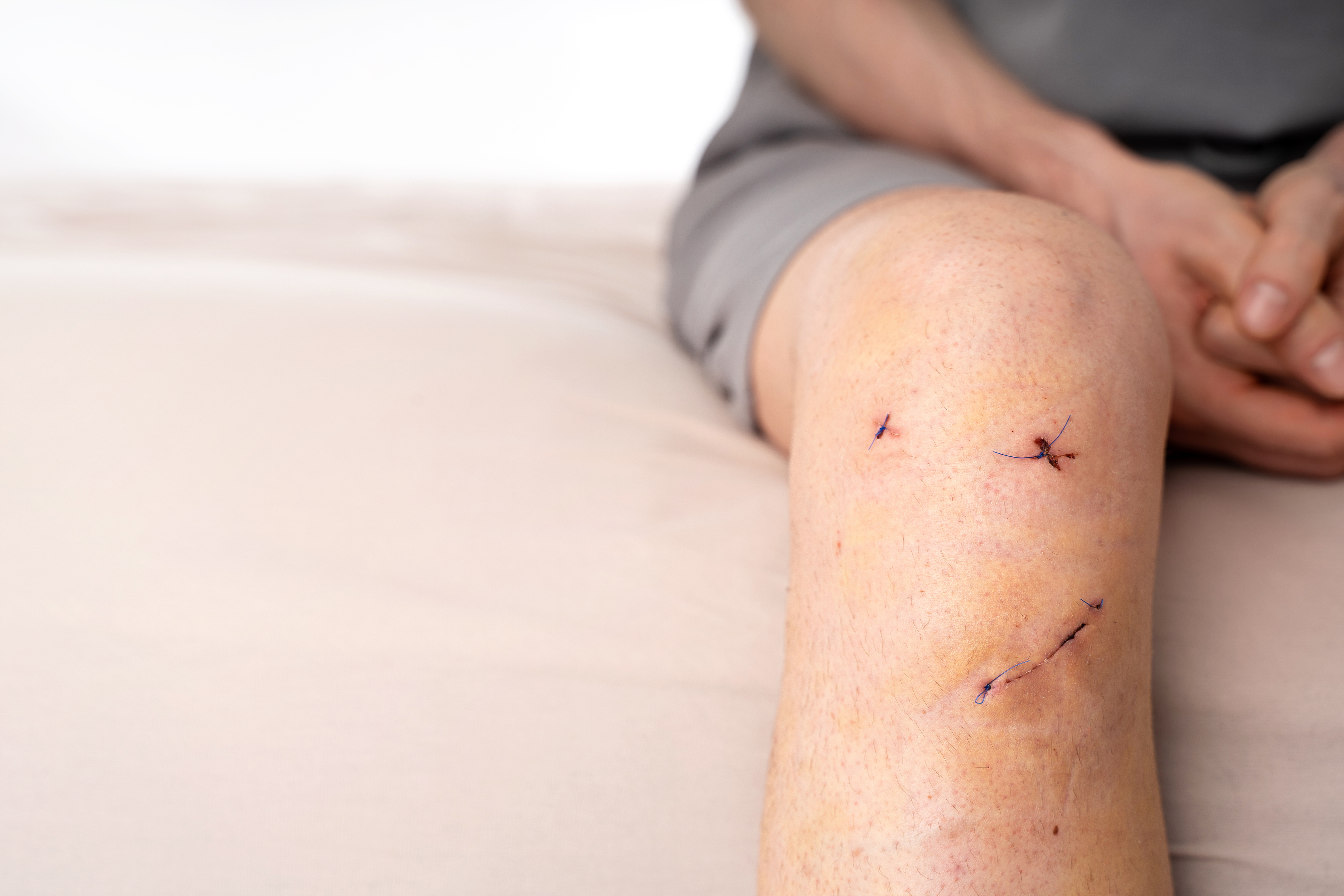Media release
From:
ECU research uncovers why some athletes struggle to bounce back after ACL surgery
New research from Edith Cowan University (ECU) has uncovered a surprising result in athletes following anterior cruciate ligament (ACL) reconstruction, which could impact their return to sports.
ACL injuries are very prevalent in Australia and ACL reconstruction is a common intervention following ACL rupture. However, the injury and surgery can result in atherogenic muscle inhibition (AMI).
“AMI is essentially a global dysfunction of the muscles around the knee, and one contributing factor is impaired maximal voluntary activation, which is an athlete’s ability to fully activate their muscles. Normally people can activate most of their muscle, but people who injure their joints or have conditions like osteoarthritis of AMI are unable to fully activate muscles near the injured joint,” ECU Masters student and Australasian College of Sport and Exercise Medicine Physicians registrar Dr Colin Sylvester said.
The research by Dr Sylvester found some pathways within the brain become more active as early as two weeks following ACL reconstruction. These changes can impact an athlete’s maximal voluntary activation.
“For athletes, the inability to fully activate their muscles can impact how quickly and effectively they can get back to the level of sport or fitness they had performed prior to their ACL injury.”
During the research, Dr Sylvester conducted brain stimulation testing on athletes that had fully ruptured their ACL, both before and after surgery, to investigate what was happening inside the pathways of the brain and the pathway from the brain to the muscle.
“Our research found that the connection from the brain to the muscles wasn’t significantly different after surgery, but inhibition and facilitation pathways within the brain that influence that connection were both much more active post-surgery.
“This means that the brain is working a lot harder after surgery than it did pre-surgery, which may be associated with some of the voluntary activation deficit issues we see.”
Dr Sylvester noted that the research was still in the preliminary stages, and that it was too early to say how the results of this study could potentially impact rehabilitation following ACL reconstruction surgery.
“The general advice is to ensure that you are working with a physiotherapist that has a good understanding of ACL injuries and who understands the progression of recovery.”



 Australia; VIC; WA
Australia; VIC; WA


